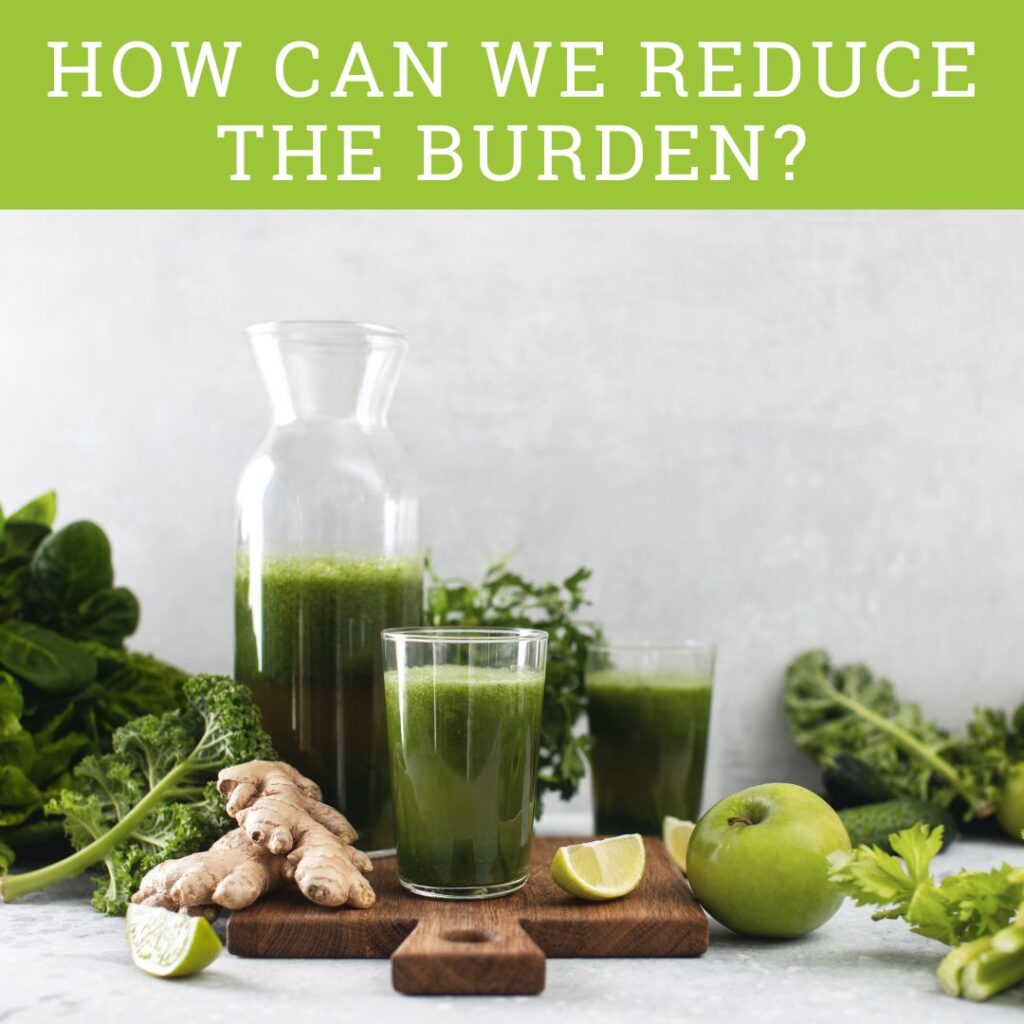Detoxification Interpreted

The detoxification process happens within every breath of every day and every cell of our body. An essential cycle of transformation and clearance. Where our body takes substances (toxins) that, in excess, have the potential to be harmful and changes or eliminate them to cause less harm.
These toxins are part of our daily life. They can form part of our food, water, and air; our cosmetics and cleaning products; our medications; or surround us in our homes and workplaces. They can be inhaled, ingested, absorbed, and produced within us (endotoxins), as by-products of our natural metabolic processes or as stress, emotional or inflammatory response.
Think of your detoxification capacity as a bucket, sitting under a dripping tap reflective of our toxin exposure. At some stages in life, the faucet will drip slowly, whereas, at other times, it will pour. We must ensure our bucket regularly empties and is free flowing as it can quickly become stagnant or overfilled.
Our toxic tolerance is like any other stress on the body – when it accumulates and comes at us in all directions, our body can only take so much. Our capacity to detoxify efficiently depends on balance and can be enhanced or impeded by several factors, including genetics, age, gender, diet, environment, and disease state.
Toxic overburden can affect our microbiome, inflame our guts and, in turn, create a heightened immune and allergic response, as well as disrupt hormones and impede our mitochondrial function (the powerhouse for our energy). Toxic overburden can then develop into chronic health conditions.

By supporting our natural capacity to detoxify, we aim to provide space or the proper intervention (diet and lifestyle ideals) to take the load off and allow the body to do what it needs to do with greater ease. Enable the body to move from a place of nurture rather than restriction.
Actions from multiple systems are required for our body to detoxify efficiently.
The skin excretes toxins through pores and sweat but also absorbs whatever we apply to it.
The Lymphatic system: regulates immunity, fights infection and transports toxins for elimination processing.
The Lungs: filter everything we breathe in and expel whatever we breathe out.
The Kidneys: filter waste from the blood and maintain mineral and pH balance.
The Liver: transforms substances in the blood so they can be carried to be excreted via the colon or the kidneys. It is considered the main organ involved in detoxification processes, and poor liver health and function will impact these processes.
The Colon (bowels): facilitates waste outside the body, and efficacy is dependent on hydration, fibre and a healthy microbiome
Transformation, Conjugation, and Transportation; are the 3 phases in which the liver detoxifies.
Turning fat-loving toxins into water-soluble compounds to be safely excreted from the body. Inflammatory and immune reactions will generate oxidative stress and free radicals with toxic exposure.
Antioxidants and phytochemicals found in foods help to neutralise these effects.
We can compare these phases to scrubbing away at a dirty pot. The more we scrub, the more suds we generate. We must ensure the suds are mopped up and rinsed away to leave the pot sparkling and new!
Our team can help with a personalised detoxification protocol for you. Naturopathy can address various ailments, including fatigue, digestive issues, stress, insomnia, fertility issues, mood disorders, and poor immunity, amongst many others.